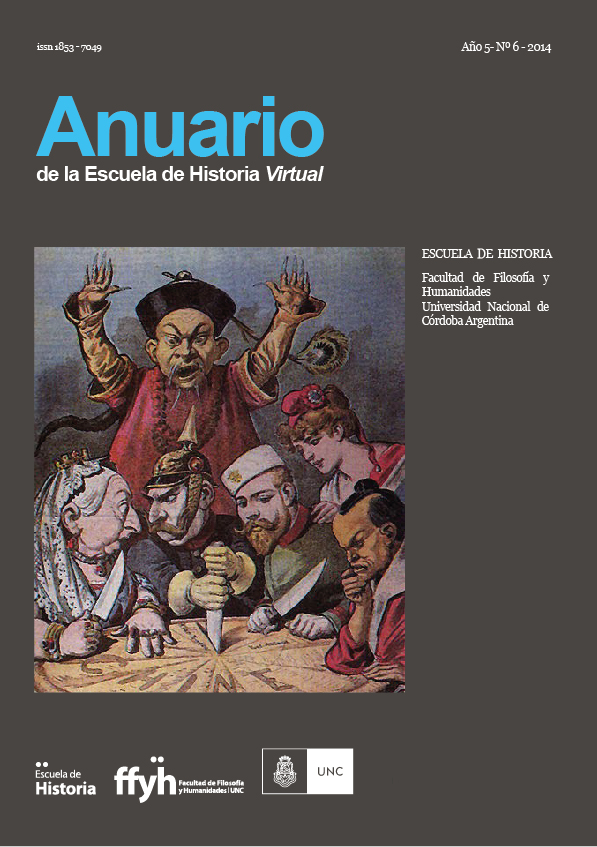The Catholic Economists in the Argentina during the Second Half of the XXth Century: between the Fading of a Religious Identity and the Secular Professionalization
Main Article Content
Abstract
The trajectory of the Catholic economists in Argentina through the twentieth century shows notorious transformations in their religious and professional identities. From the foundational work of the social catholic Alejandro Bunge and the Corporación de Economistas Católicos in the late thirties, and after the end of Peronist decade that divided them, their intelectual horizons changed, and the way of connecting economic knowledge and religious belief too. The “social question” lost the previous relevance and coexisted with a secular professionalization related to different orientations, even if the “ethical” bias characterizing the self-identity of the catholic economists supporting the social doctrine of the Church remained alive. The development of economic studies in the Universidad Católica Argentina deplaced the visibility of the Corporation and the economist of catholic belief circumscribed to the individual faith, and secularizing it, the strong link between knowledge and belief that authors like Francisco Valsecchi still considered essential.
Article Details
Bajo los siguientes términos:
Atribución - Usted debe dar el crédito apropiado, proporcionar un enlace a la licencia e indicar si se hicieron cambios. Usted puede hacerlo de cualquier manera razonable, pero no de ninguna manera que sugiera que el licenciante lo respalda a usted o a su uso.
No comercial - Usted no puede utilizar el material con fines comerciales.
NoDerivados - Si remezclas, transformas o construyes sobre el material, no puedes distribuir el material modificado.
